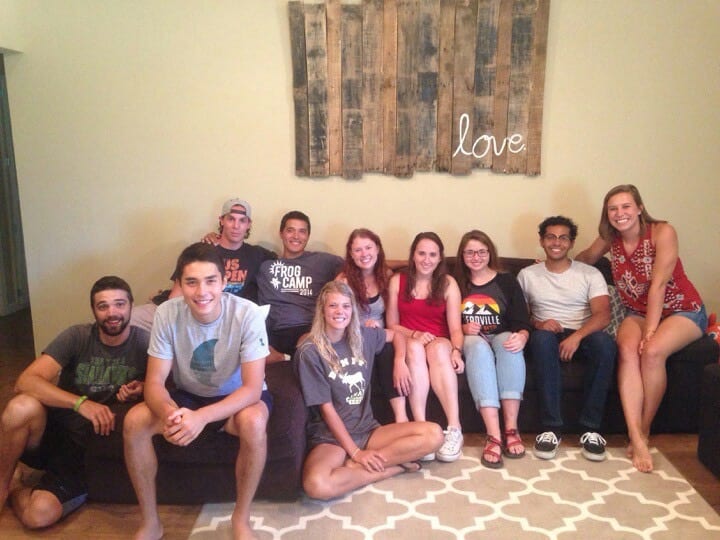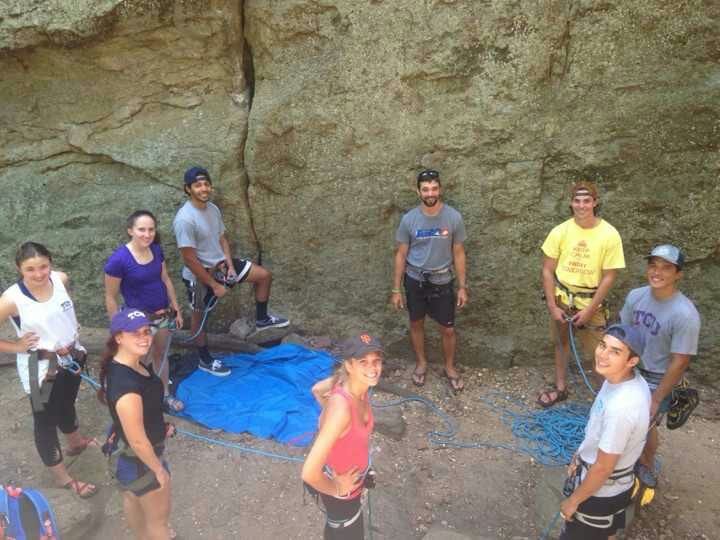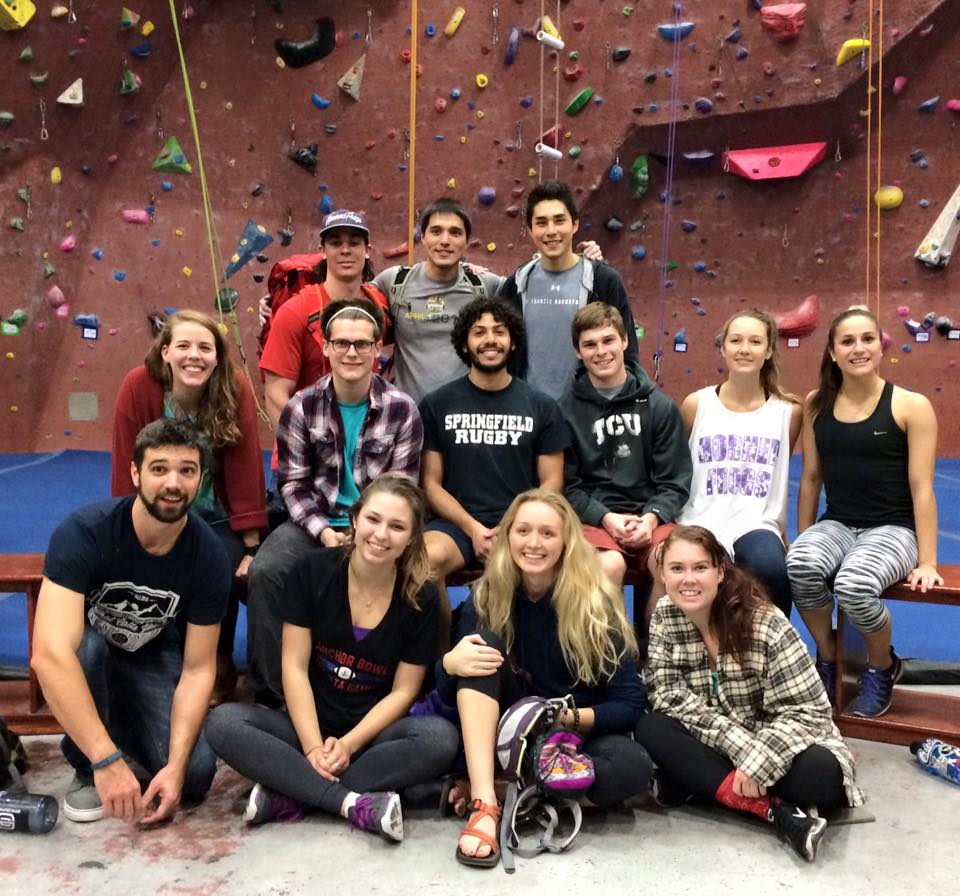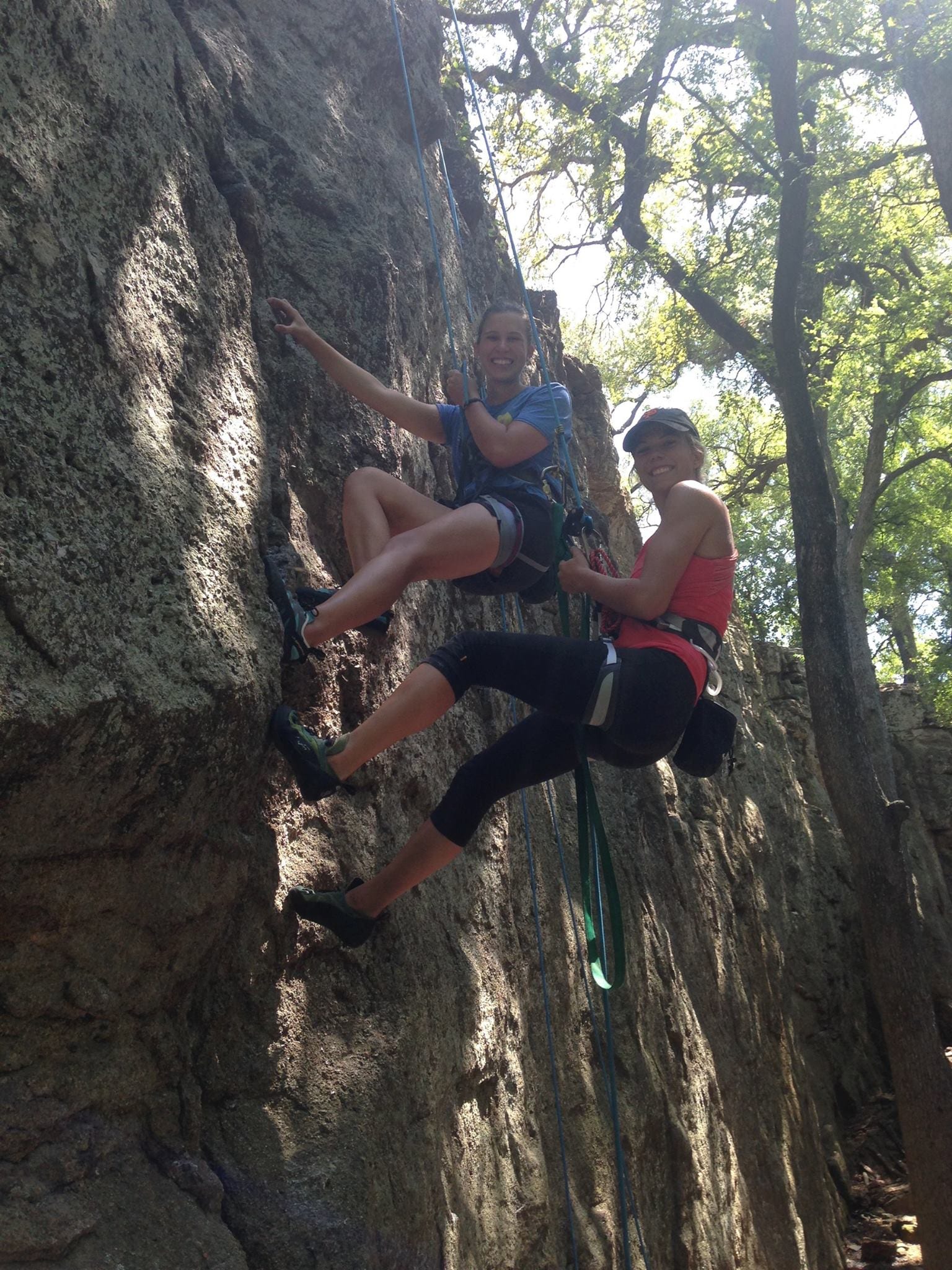Recently, Texas Christian University in Fort Worth, Texas, revamped its hiring process for adventure trip leaders and climbing wall instructors. Previously, it had been hiring students based off of formal, in-person interviews. But according to Cameron Potter, the assistant director of outdoor programs, this wasn’t very efficient.
“In my experience interviewing students, it’s become very clear to me that a student or an employee that interviews well, primarily proves that they know how to interview well,” explained Potter. “It doesn’t really have much to do with their qualifications or experience. Often, it’s evidence of intentional research or some effort that they’ve made at some point in their past in developing good interview skills, which is great — but taking those kids that have those interview skills out as adventure trip leaders, a lot of them weren’t ready to be adventure trip leaders, even if they interviewed well.”
So, Potter began thinking of a new way to hire that would reveal if students were actually ready to be adventure trip leaders. Instead of sitting one-on-one with applicants, he now sends them on geocaching missions with existing leadership staff, to test their skills in the field.
“The idea is the adventure trip leaders would have the responsibility of one, keeping them alive, and also asking them questions about themselves, getting an idea of their experience and how they would work and click on the relational side in a larger team,” said Potter. “More what we’re looking at is how they act under stress and if they can still be relational, engaged and have fun. As you can imagine, the skill set we’re looking for is a pretty unconventional skill set, so really getting them into that environment and seeing how they perform in the more real-life environment makes a lot more sense.”
Another benefit, said Potter, is the fact that he can interview multiple applicants at once during the geocaching test. The process goes from 9:30 a.m. to 2:30 p.m., and afterwards the adventure trip leaders convene to share their thoughts on each individual applicant.
“That’s a lot of time to invest in the process, but then I consider the time spent one-on-one with 10 different applicants, and that’s probably not that much different,” said Potter. “Instead of having to stop what I’m doing, listen to someone for a little bit — that gets really repetitive to me, and it’s hard to be engaged in the same way.”
Now, he gets to lean on his staff to find the right fit for the team. “And for the students who come out and who aren’t quite yet ready for a leadership position, but are passionate, we can invite them out for a semester’s worth of outdoor leader training,” continued Potter. “I want to continue building their skills and get them to a place where they are ready to lead a trip.”
Potter uses similar tactics when hiring for climbing wall positions. Instead of sitting down with them, he meets them at the climbing wall, and has applicants treat him like a new-comer to climbing.
“Rather than it being, ‘Tell us what you feel your strengths and weaknesses are’ in a formal setting, it becomes a little bit more informal, but a lot more real life, and helps us really find the skills and hone in on the attributes we’re looking for,” said Potter.















